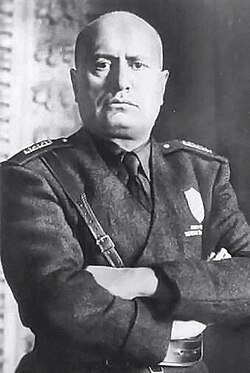November 4, 1926 (Thursday)

- Prince Leopold of Belgium and Princess Astrid of Sweden were married in Stockholm. Mayor Carl Lindhagen presided. [4]
- George W. English resigned as a United States federal judge before his impeachment trial proceedings could begin.





